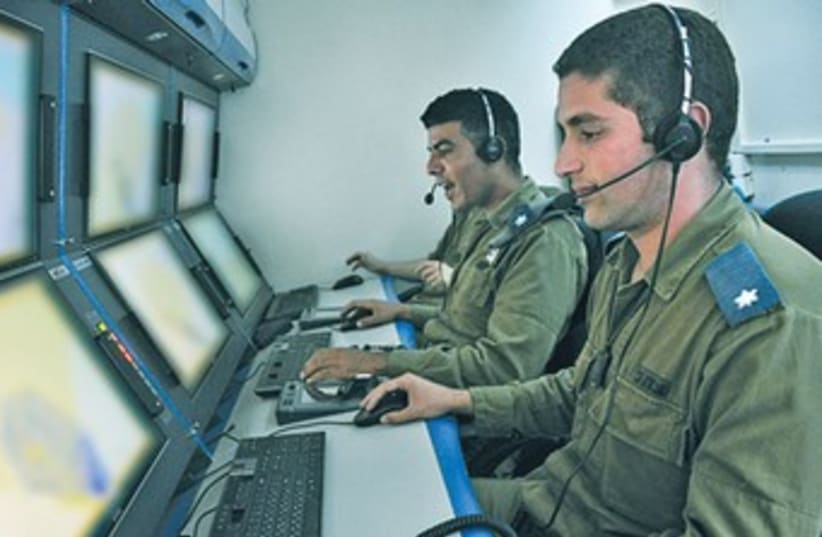TEL AVIV - A US general proposed on Monday that Israel upgrade its anti-missile systems to include neighbouring Jordan and possibly Egypt, and an Israeli official cautiously welcomed the idea.
The two Arab countries that have full peace treaties with the Jewish state share some of its concern regarding the disputed nuclear program of Iran and the civil war wracking Syria - both states with long-range missile arsenals.
Jordan's Red Sea port of Aqaba is also under threat from short-range rockets fired by Islamist militants in the largely lawless Egyptian Sinai - though they have more regularly targeted the next-door Israeli resort of Eilat.
Brigadier-General John Shapland, chief defence attache for the US Embassy in Tel Aviv, raised the idea of extending Israel's anti-missile umbrella in comments to a security conference in the city.
"If we were able to build a regional defense capability in, say, Jordan, that capability could easily defend Israel, Jordan and even Egypt, if you so desired, adding one more layer to your multi-layered defense," he told Israeli officials and experts gathered at the INSS think-tank.
Shapland, whose country has extensively underwritten Israel's two deployed missile interceptors as well as others in the works, and allowed their integration with US counterpart systems, said his proposal was "just one idea to consider".
Yair Ramati, head of the Israel Missile Defense Organization, appeared open to the idea. "The policy of the (Israeli) Defense Ministry is always to cooperate with the countries of the region, including the countries cited," Ramati said at the conference, in reference to Jordan and Egypt.
Jordanian officials and a spokesman for the Egyptian embassy declined immediate comment. Israel signed a peace treaty with Egypt in 1979 and with Jordan in 1994.
ARROW, IRON DOME
Ramati declined to be drawn on whether Israel's two deployed systems, the Arrow II ballistic missile interceptor and Iron Dome short-range rocket interceptor, could already provide coverage for Arab neighbors.
"I won't be sharing operational maps with you," Ramati told Reuters. "You can draw your own conclusions from the fact we insist on not answering."
Declassified data on Arrow II's interception range suggest that it could in theory protect much of west Jordan, including the capital city Amman, and eastern regions of Egypt, as well as Israel and the occupied West Bank.
Arrow III, a new version of the system due out by 2016, would be capable of shooting down incoming Iranian rockets over Iraq, designers say - well before they reached Jordanian or Israeli-controlled airspace.
Israel has often posted Iron Dome units to protect Eilat from Sinai rockets. US experts say Iron Dome has an interception radius of some 10 km (6 miles), potentially enough to protect Aqaba, depending on the interceptors' positions.
Security sources in Amman said Jordanian concern over the missile threat had diminished in recent months thanks to Iranian nuclear diplomacy with world powers and Syria's deal to ship out its chemical weapons for destruction abroad.
US-supplied Patriot anti-missile batteries, stationed last year on Jordan's border with Syria, have further quelled concern, a security source said.
The former head of the Israel Missile Defense Organization, Arieh Herzog, said that protecting Jordan had been discussed when he was in office between 2000 and 2012."I'm not aware of any current policies on this matter, but certainly they (Israelis) have been talking for many years about the theoretical possibility of using our systems to help the Jordanians if required," he said.
